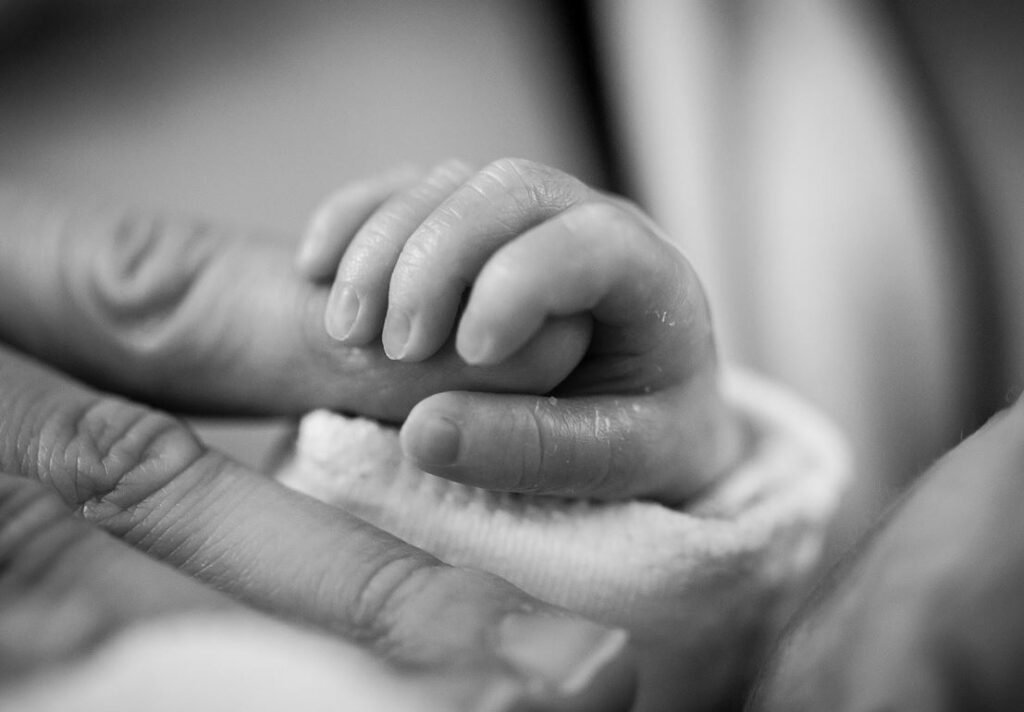
Poetry is a great medium for opening up personal experiences. In Never Wear White Susan Darlington writes with rare honesty about the transitions of a woman’s life, sharing them with great skill and elegance. Many poems in this collection will resonate. Readers may recall their first period, attempts to conceive, or challenging relationships with mother figures. This is what good poetry does so well. Susan makes the collection personal while also touching on the universal, leaving space for readers to insert their own identities. It’s an achievement that demonstrates great accomplishment.
The origin of individual poems and their details often remain secret but for me, this collection had an autobiographical feel. Transition is a key theme. The book moves through childhood to adolescence, arriving at adulthood with all the pain of lost hope and relationships, then finally reaching acceptance. I loved the structuring of this passage through time.

The first four poems (A Mother’s Love, The Storm’s Prophecy, Raw Material and The Encounter) are set in childhood. The images are raw and visceral, for example, this birth description in A Mother’s Love.
When mother was scooped out
I pounded with my reddened fists
against her limpid emptiness,
screamed out for more! more!
and was starved from her womb.
In Raw Material a child is constructed through a series of images. These include a pair of fabric legs that are crudely stitched / with lengths of blood specked thread… dimpled and battle-scarred plastic arms… and a railway track spine attached with a chain of safety pins. Strong visual images like these can be found throughout the collection.
The first life transition is described in Visits From my Future Self where the narrator meets someone who borrowed her voice and stole her possessions, before gifting a razer blade with instructions on how to play her game: / to draw lines down our arms until white was red. This line gave me the shivers!

Carrie moves the collection to early experiences of menstruation. The poem begins with the shame of a woman’s body / through my mother’s handwritten notes written to excuse me from showers and swimming. The lines took me back to a time when the possession and passing across of notes like these felt like the equivalent of shouting from the rooftops that you had your period. Susan shares the universal fear that everyone can smell the iron of my blood and see the stain seeping into my skirt’s fabric and dribbling down the inside of my thigh. Experiences like these are frighteningly common, with the worries made worse when they occur during adolescence, a time when many girls can feel ill-prepared to cope with difference.
The subject of menstruation has been framed by social constructions, old as time, and further reinforced through cultural and religious conceptions of menstrual blood as the source of fear and uncleanliness. The final line of Carrie aptly sums up this confusion as young girls learn to …absorb a shame we don’t understand.

The collection also deals with infertility. Society has still not learned how to approach childlessness in ways which are warm and supportive. It’s Alright addresses miscarriage; Blue Line is the struggle to conceive and Not Quite shares the shock diagnosis of early menopause. There’s still a social expectation that women will have children at some point in their lives. When this is not possible, for whatever reason, other people can struggle to deal with the reality of the situation, leading to tensions between individual experience and wider expectations. Susan’s poems capture the conflict in ways which are raw and visceral, at times drawing on wider folklore and fairytale to emphasise the difficulties.
The Encounter has the stunning opening line The whale swallowed my mother / when she was just a child. In this poem, the mother adorned her clothes / with tiny, silver air bubbles / that burst under my cheek / when she held me close and sang the siren’s call in the bath before cleaning the seaweed tidemark from the tub. The Unkindness tells of a mother cutting off the child’s plaits and attaching them to her own head …with pins / that made her scalp bleed before she runs off into the darkening thicket without a backwards glance…

The supernatural contrasts with realist observation of day-to-day life in Sensible Shoes and Ammonia Afternoons but even here, there’s a sense of something sinister, alongside a difficult relationship with a mother, who might have secretly hoped for a daughter to share her own life with. The poem concludes with something many daughters will recognise:
Because I am not that daughter.
And sometimes I can’t help but think
that I’m a disappointment to you.
The final poem The Art of Childlessness deals with coming to terms with what a diagnosis of early menopause can mean and ways to deal with it.
It’s not about being child-less…
…It’s not about being less of anything.
It’s about being child-free.
Free to spend time dancing….
Finding your own rhythms….
Knowing that no matter what,
alone, you are complete.
Being female can be messy on multiple levels. Susan’s fearless poems break down the walls of secrecy surrounding not only menstruation and miscarriage, but also the difficult heartbreak of infertility. The intriguing use of folklore contributes towards making this a unique and compelling collection, one which will take the reader back through memories of their own encounters with similar issues and will stay around in the days and weeks afterwards. The realism of female biology remains a largely taboo subject. Powerful poetry collections, such as Never Wear White are much needed to shine a light in the dark corners of such universal experiences.
Susan Darlington can be found on Twitter at https://twitter.com/S_sanDarlington
Never Wear White is published by Alien Buddha Press
